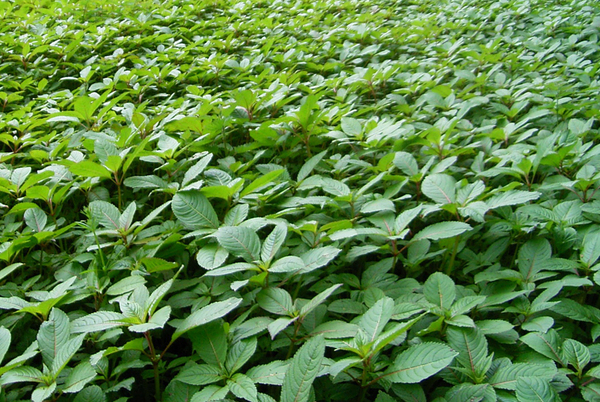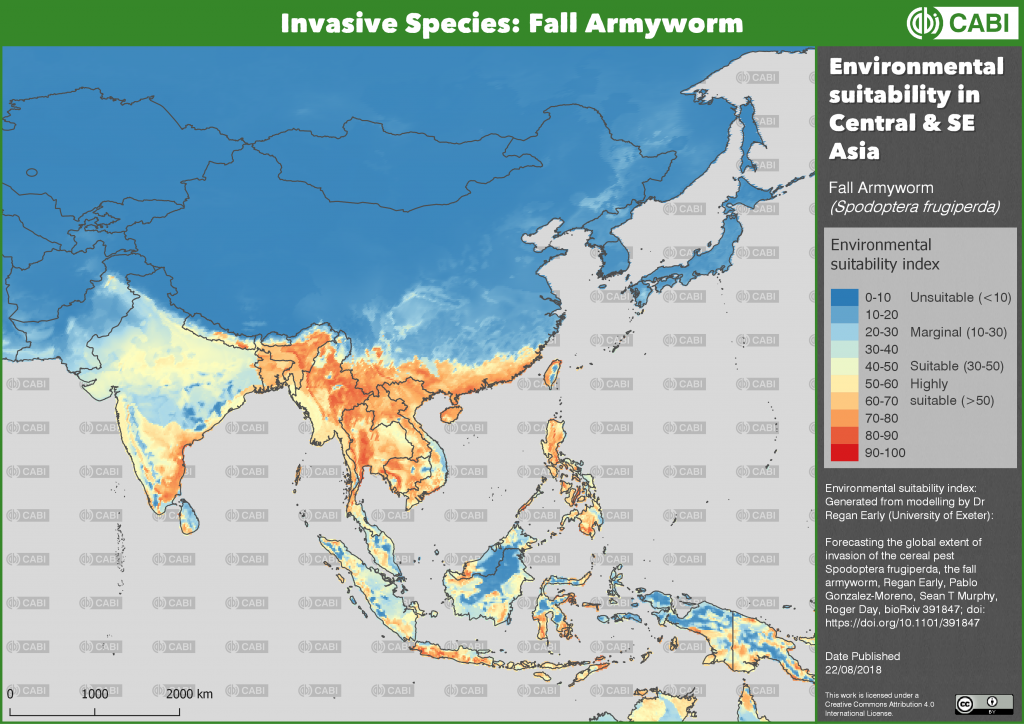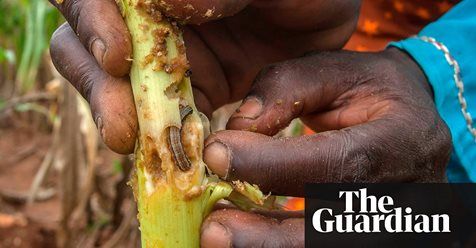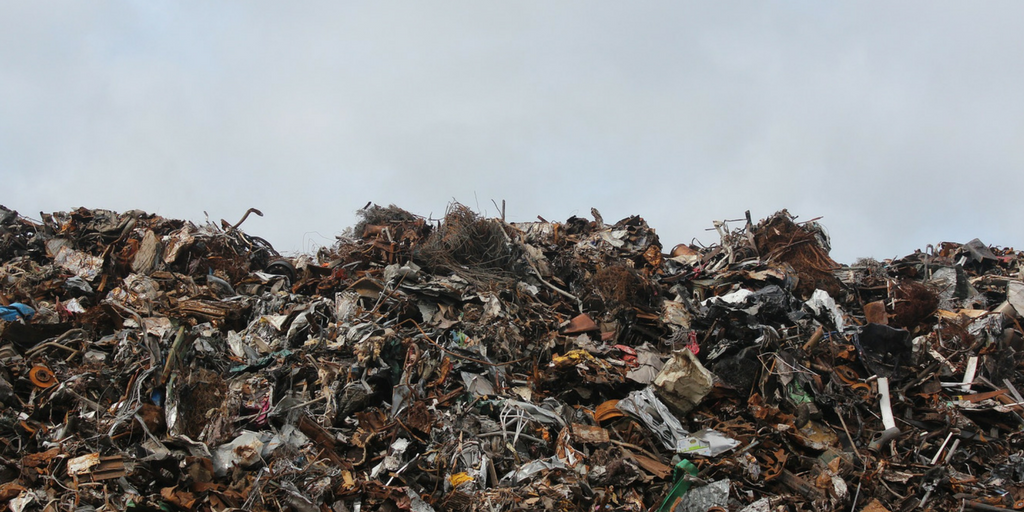A crisis is a terrible thing to waste
Reblogged from AGRF Last year, the Fall armyworm destroyed swathes of agricultural production across Africa, devastating maize crops in more than 40 countries and placing at risk the food security and livelihoods of some 300 million people.
CABI calls for urgent action to tackle the global spread of invasive species
In response to the growing threat of invasive species, the Centre for Agriculture and Biosciences International (CABI) has called for urgent action to tackle the global spread of invasive species, even as the recent fall armyworm outbreak casts doubts over Africa and Asia’s preparedness to fight the scourge. CABI is a not-for-profit organisation that draws…
Where next for fall armyworm?
Since its confirmed arrival in Nigeria in 2016, the fall armyworm has conquered almost 25.5 million square kilometres of Sub-Saharan Africa, reaching as far east as Ethiopia, and as far south as South Africa. Now fall armyworm has reached beyond African shores and was recently confirmed in India, with CABI warning of its now impending…
Fall armyworm’s spread to India making headlines around the world
Earlier this month, CABI warned of the impending rapid spread of fall armyworm across Asia, following its arrival in India. Since then, news of the crop-destroying pest’s invasion has been hitting headlines across the globe.
Fall Armyworm Is Here to Stay. But We Can Manage.
By Roger Day. Reblogged from Fall Armyworm Tech Prize In 1996 in response to the first international meeting on invasive alien species, the Global Invasive Species Programme (GISP) a collaboration between the Centre for Agriculture and Biosciences International (CABI), the International Union for Conservation (IUCN), and the Scientific Committee for Problems of the Environment (SCOPE), was…
Does travel stress strengthen invasiveness?
Research has already shown that invasive species tend to be more tolerant to environmental stress than related non-invasive species. However, a recent study published in Biological Invasions, set out to discover whether this stress tolerance was an inherent trait or whether it was something acquired en route from their natural habitat to the new one.
Fostering partnerships to combat fall armyworm
Since 2017, CABI has been heavily involved in the international effort to develop and implement a continental framework for tackling fall armyworm in Africa. Initial meetings resulted in the development of a draft framework, which identified roles for different organisations involved in fall armyworm management globally and on the African continent, including CABI. This has…
Invasive species in rubbish dumps: A new challenge for waste management practices?
By Dr Pablo L. Plaza, Dr Karina L. Speziale, and Dr Sergio A. Lambertucci In the current global climate of excess waste production around the world, there is great concern about how waste and dump sites could be a global problem, especially because the amount of global waste is only set to increase in the…







